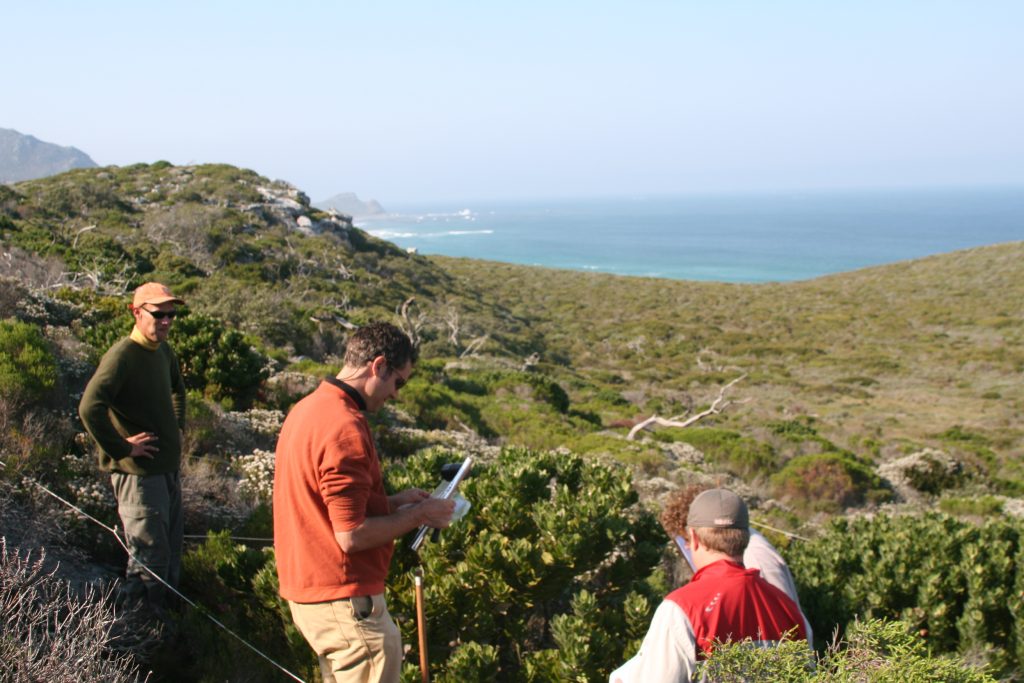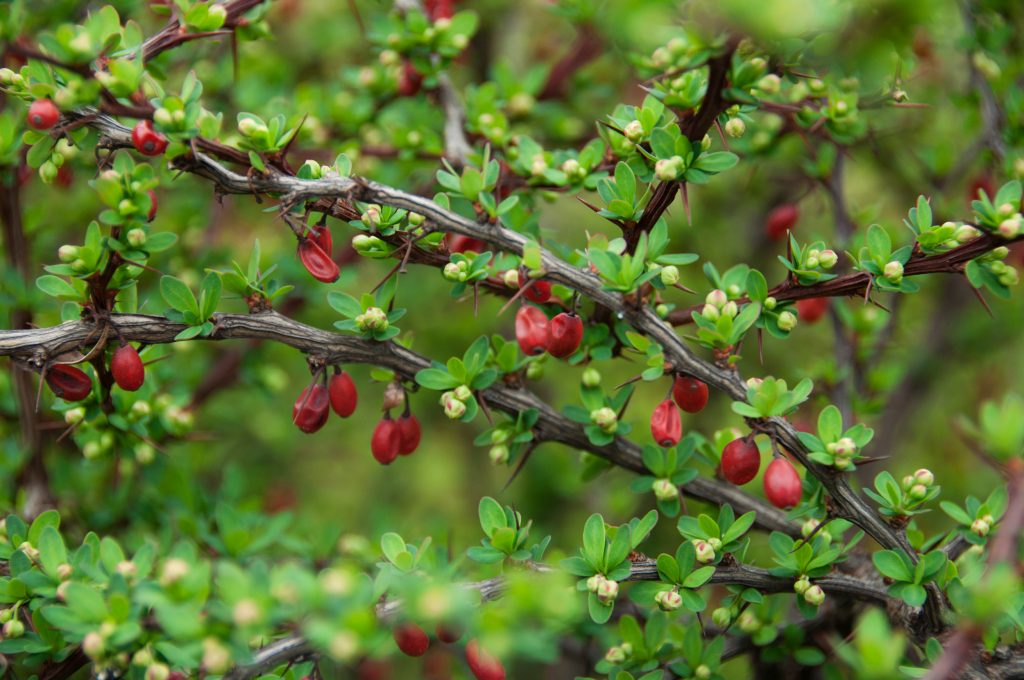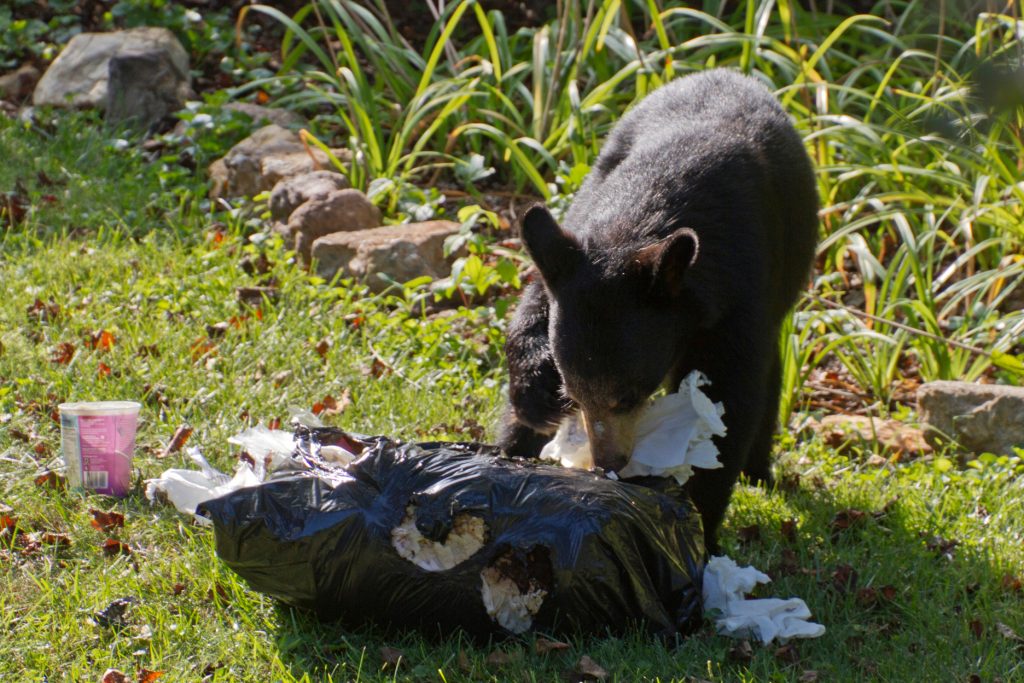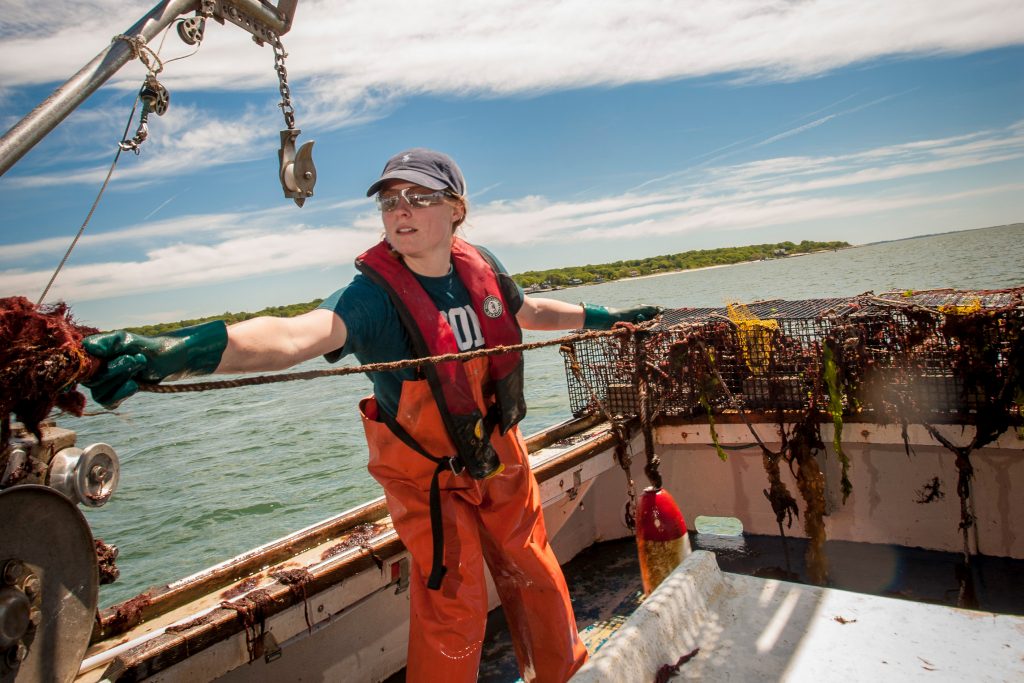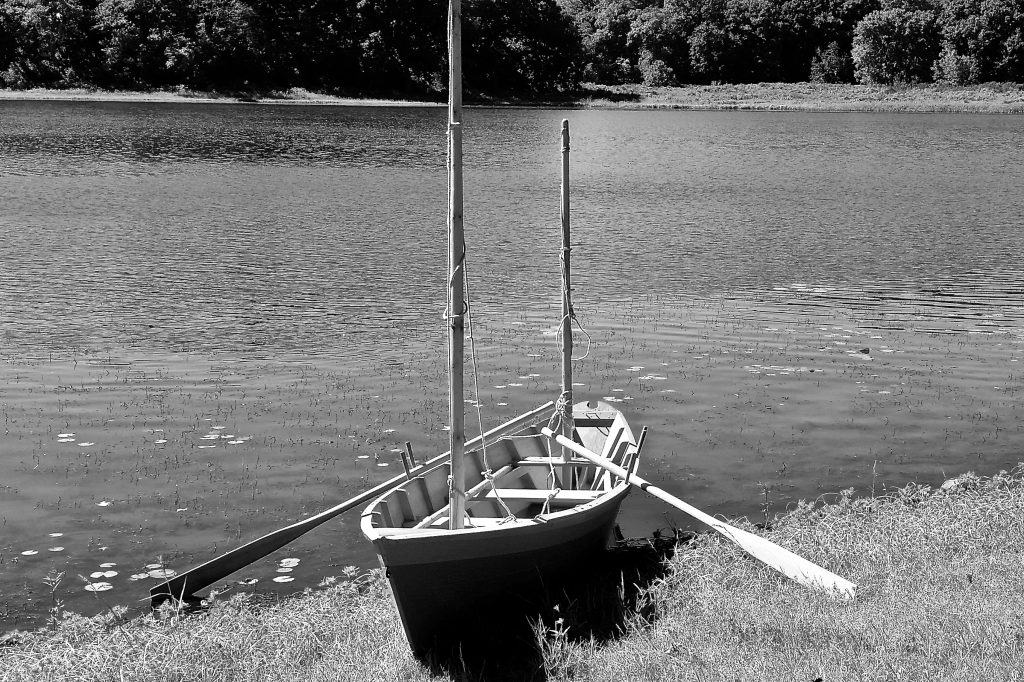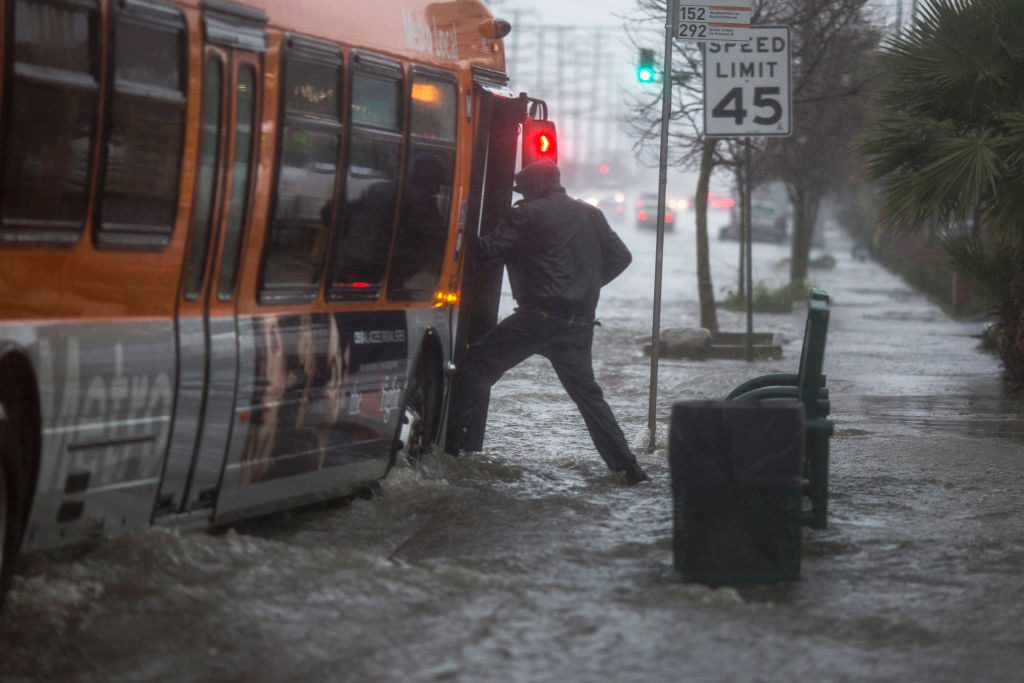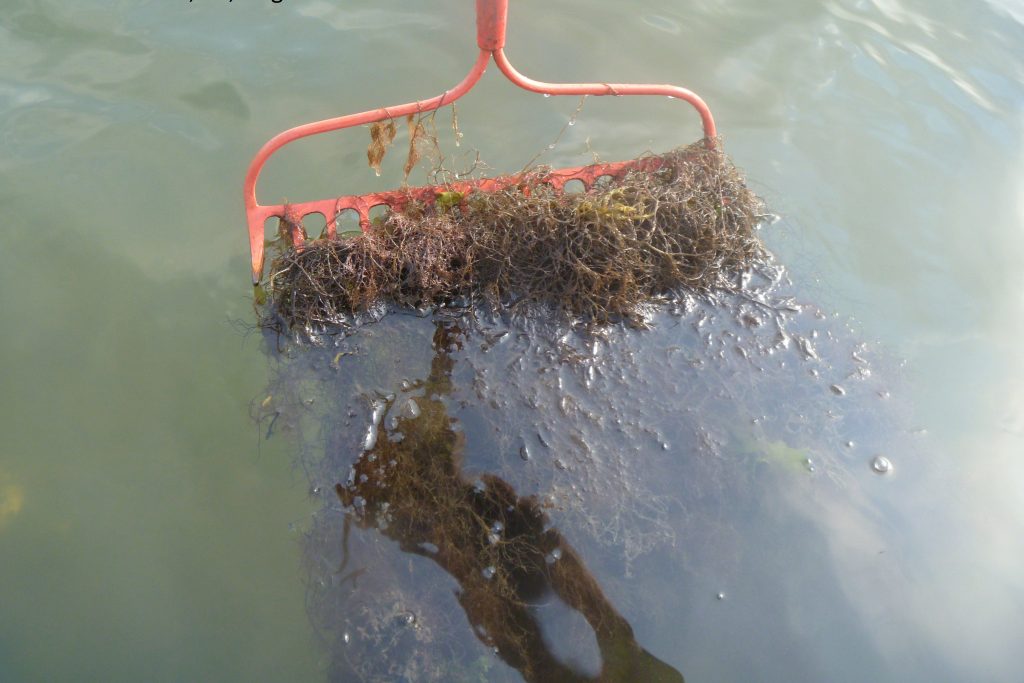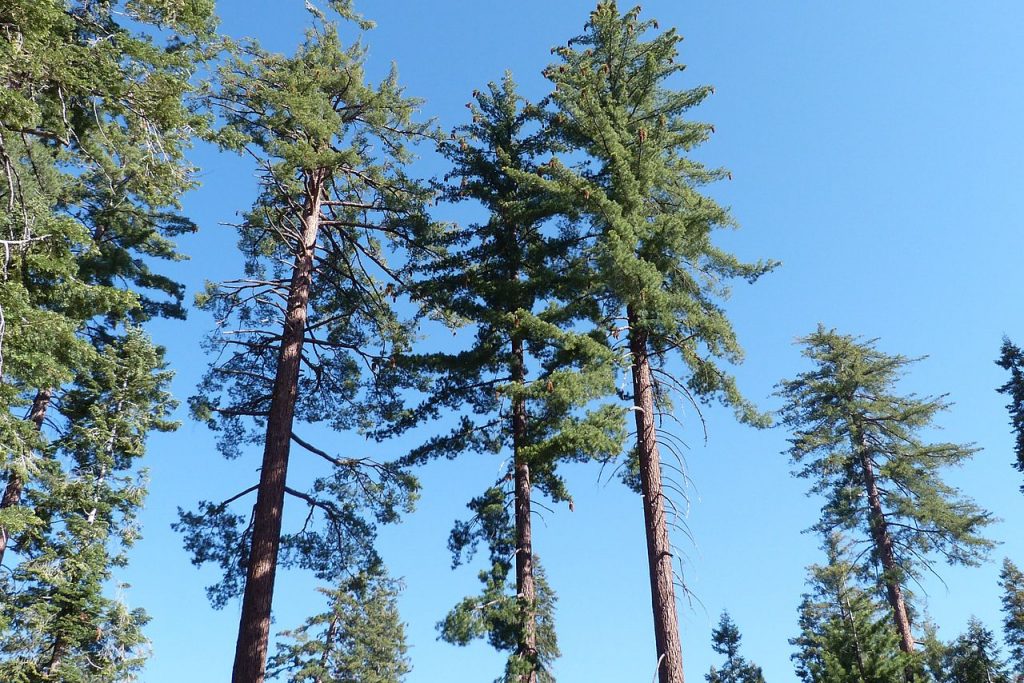Sustainability
The New Game of Russian Roulette for Fire-Prone Ecosystems
The findings of a new study are a concern for fire-prone ecosystems, including those in the United States, Australia, and South Africa.
April 17, 2017 | Kristen Cole
Invasive Japanese Barberry to Gain Ground with Climate Change
One of New England’s invasive species, Japanese barberry, will remain and flourish in new areas under predicted temperature increases, while the other, garlic mustard, will head north, says a new study.
March 28, 2017 | Kristen Cole
Where the Bears Are
A new UConn study shows that Connecticut bears – and likely bears throughout the more heavily populated Northeast – are different than those in other parts of the nation.
March 22, 2017 | Colin Poitras
UConn Partners with Mystic Aquarium on Undergraduate Research
The two institutions will establish a Research Experience for Undergraduates site to encourage students from underrepresented groups to pursue careers in marine sciences or other STEM fields.
March 20, 2017 | Combined Reports
Thoreau: Out of the Woods and Onto the River
UConn professor Robert Thorson says Henry David Thoreau, best known for writing about life in the woods, was also a boatman and scientific expert.
March 14, 2017 | Kenneth Best
Accounting for Extreme Rainfall
A UConn climate scientist says more intense and frequent rainfall is coming, with no drop-off.
March 6, 2017 | Colin Poitras
Researcher Unveils Tool for Cleaner Long Island Sound
A UConn ecologist has identified specific sources of nitrogen pollution along Long Island Sound, and shows municipalities what they can do to alleviate it.
February 20, 2017 | Kim Krieger
Subscribe by Topic
Subscribe to UConn Today’s News@Me and receive email updates customized to your specific interests.
January 30, 2017 | Combined Reports
The Fungus-Fighting Secrets in the Sugar Pine’s Genome
Researchers have sequenced the enormous genome of the world's tallest pine, offering the potential for using genetic resistance to fight an invasive fungus that threatens to destroy the species.
January 10, 2017 | Katie Pieper, Genes to Genomes blog
Feeling the Heat: The Urban Response to Climate Change
A survey of low-income Hartford residents shows many are concerned about climate change and want to learn more about it to protect themselves and their families.
December 19, 2016 | Colin Poitras
